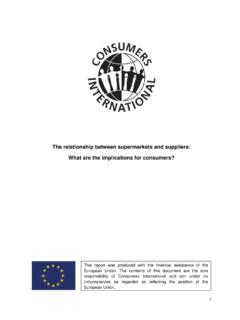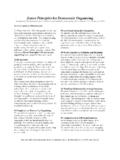Transcription of The Impact of Being Wrongly Accused of Abuse Hoyle et al ...
1 The Impact of Being Wrongly Accused of Abuse in Occupations of Trust: Victims Voices Carolyn Hoyle , Naomi-Ellen Speechley, and Ros Burnett University of Oxford Centre for Criminology 2 The Authors Professor Carolyn Hoyle , Director of the University of Oxford Centre for Criminology, has expertise on victims in criminal justice and on various aspects of miscarriages of justice. She has recently completed an in-depth study of the Criminal Cases Review Commission ( Hoyle and Sato, forthcoming). Naomi-Ellen Speechley was a Research Assistant for Carolyn Hoyle s study of the Criminal Cases Review Commission, and Lead Researcher for the present project.
2 She was formerly Manager of the Innocence Project at the University of Leeds, and is embarking on a doctorate focused on miscarriages of justice (Speechley, 2013; McCartney and Speechley, 2015). Dr Ros Burnett, is a Research Associate, formerly a Reader in Criminology, at the University of Oxford Centre for Criminology. She has recently edited a book on Wrongful Allegations of Sexual and Child Abuse (Burnett, Oxford University Press, 2016 in press). She is a voluntary research consultant to FACT. Acknowledgements and Declaration The research team is grateful to the research participants for their time and effort in contributing their voices.
3 While the impetus to carry out the study came from a small bequest of 5000 towards research on false allegations, and FACT1 facilitated our access to legally innocent participants, the focus, methodology, writing and production of the report and all other aspects of the project have been executed independently from FACT by a team at the Centre for Criminology, University of Oxford, generously funded by the University of Oxford John Fell Fund and the Law Faculty Research Support Fund. The research was approved by the Oxford Central University Research Ethics Committee. We are grateful to David Rose for helpful comments on an earlier draft of this report.
4 1 FACT is a voluntary organisation established in 1999 to support people Wrongly Accused of Abuse in occupational contexts. Website: 3 1: INTRODUCTION Accusations of serious criminality, especially alleged sexual wrongdoing, are often their own convictions in the high court of public opinion because the stigma is so severe, and because definitively proving innocence in a disputed sex case often is impossible. (COTWA homepage)2 History is full of innocent men and women who have been sent to jail for crimes they did not commit.
5 I am not too na ve to realise that it could easily have happened to me. Before my trial began, relatively few people could understand how a former care worker could possibly be facing more than 20 counts of physical and sexual Abuse from four separate accusers, and claim he was innocent and that all the allegations were false. By the time the trial had collapsed, practically everyone knew the explanation. (Jones, 2011: 141) Difficult Cases, Prone to Errors of Bias Responses to alleged sexual offences or other physical Abuse are prone to error in the absence of witnesses other than the complainant or corroborative forensic evidence.
6 In cases where there is no such corroboration, police and prosecutors decisions about the veracity of statements made by the accuser and the Accused are likely to be influenced by the prevailing cultural discourse and consequent preconceptions about sexual predators and their alleged victims. In recent years, there has been some concern that allegations of sexual Abuse , particularly non-recent Abuse , have not received an appropriate response. Among politicians,3 criminal justice agencies4 and charities5 in the UK, there is a collective sense of remorse that reports of Abuse were often not properly investigated and that those who reported it were often not believed.
7 From this has emerged a new determination to correct past and prevent further injustices of this kind. For example, the Report of Her Majesty s Inspectorate of Constabulary (HMIC, 2013), Mistakes Were Made, recommended that each agency with a duty to safeguard children and vulnerable adults should implement regular and systematic checks to ensure they comply with relevant policies and that a system of mandatory reporting should be considered to ensure that those who become 2 Community of the Wrongly Accused (COTWA) website: 3 See, for example, the Home Secretary s Statement on Historic Allegations of Child Abuse in North Wales , November 6, 2012; 4 The Crown Prosecution Service revised its policy.
8 See also, Starmer, K. (2013) The criminal justice response to child sexual Abuse : time for a national consensus CPS website, March 6th 5 See, for example, NSPCC current advice; 4 aware of evidence that a child has been or is Being abused is under a legal obligation to notify their concerns to It is argued that for some years the benefit of any doubt is now more likely to be given to the accuser (Webster, 1998; Burnett, 2013). Even in cases where the evidence only consists of testimony from the alleged victim and is strongly rebutted by the alleged perpetrator, the moral imperative not to let down another victim or to leave a possible sex offender free to cause further harm may be compelling (Webster, 1998; 2005).
9 While this must, logically, reduce the chances of guilty persons avoiding prosecution ( false negatives ), it also risks increasing the likelihood of innocent people Being presumed or found guilty ( false positives ). The reported prevalence of child Abuse , rape and other sexual offences, both recent and historical, has risen steadily in recent years, reaching a new high in 2015, when rapes (34,741) and other sexual offences (68,873) were at the highest level recorded since the introduction of the National Crime Recording Standard in the year ending March 2003 (Office for National Statistics, 2016).
10 According to Her Majesty s Inspectorate of Constabulary, the intense publicity afforded to inquiries such as Operation Yewtree, the investigation into alleged offences by the late disc jockey Jimmy Savile, has been responsible for part of the recorded increase (HMIC 2014). In response, police have devoted more resources to investigating allegations of this kind. In September 2014, it was reported that a quarter of the Greater Manchester Police major incident detective team was working on cases of alleged historic Abuse a remarkable and indicative statistic (Scheerhout, 2014).
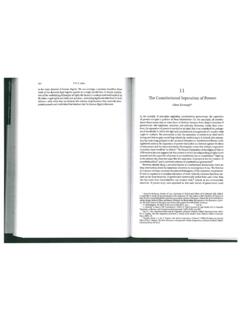
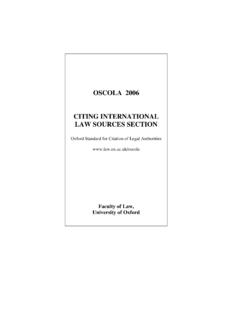
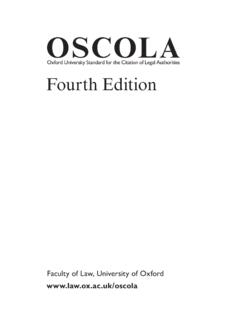
![[103R] THE 2019-2020 PRICE MEDIA LAW MOOT COURT ...](/cache/preview/0/4/6/0/a/d/7/4/thumb-0460ad74e87ef78c08fd83d0d32ab016.jpg)
![[103A] THE 2019-2020 PRICE MEDIA LAW MOOT COURT ...](/cache/preview/e/0/9/1/0/f/9/6/thumb-e0910f964b396d31bc82ce1e5ba8e0e8.jpg)



